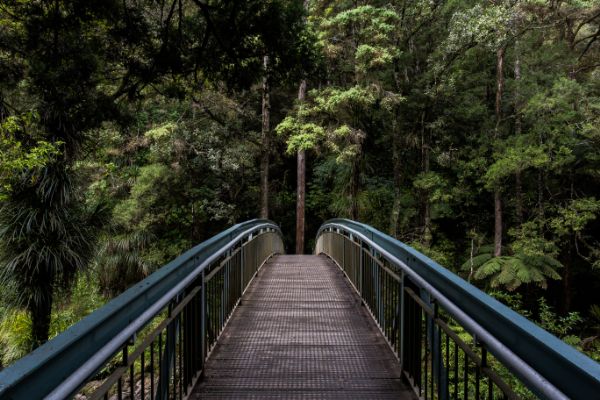CSS Images
Learn how to style images using CSS.
Rounded Images
Use the border-radius property to create rounded images:


Thumbnail Images
Use the border property to create thumbnail images.
Thumbnail Image:

Example
img {
border: 1px solid #ddd;
border-radius: 4px;
padding: 5px;
}
<img src="paris.jpg"
alt="Paris">
Try it Yourself
Thumbnail Image as Link:

Example
a {
display: inline-block;
border: 1px solid #ddd;
border-radius: 4px;
padding: 5px;
transition: 0.3s;
}
a:hover {
box-shadow: 0
0 2px 1px rgba
(0, 140, 186, 0.5);
}
<a href="paris.jpg">
<img src="paris.jpg" alt="Paris">
</a>
Try it Yourself
Responsive Images
Responsive images will automatically adjust to fit the size of the screen.
Resize the browser window to see the effect:

If you want an image to scale down if it has to, but never scale up to be larger than its original size, add the following:
Tip: Read more about Responsive Web Design in our CSS RWD Tutorial.
Center an Image
To center an image within the page, use margin: auto; and make it into a block element:

Image Text
How to position text in an image:
Example

Top Left >> Top Right >> Bottom Left >> Bottom Right >> Centered >>
Polaroid Images / Cards

The Troll's tongue in Hardanger, Norway

Northern Lights in Norway
Example
div.polaroid {
width: 80%;
background-color: white;
box-shadow: 0 4px 8px 0 rgba(0,
0, 0, 0.2), 0 6px 20px 0 rgba(0, 0, 0, 0.19);
}
img {width: 100%}
div.container {
text-align: center;
padding: 10px 20px;
}
Try it Yourself
Image Filters
The CSS filter property adds visual effects (like blur and saturation) to an element.
Note: The filter property is not supported in Internet Explorer, Edge 12, or Safari 5.1 and earlier.
Example
Change the color of all images to black and white (100% gray):
img {
-webkit-filter: grayscale(100%); /* Chrome, Safari, Opera */
filter: grayscale(100%);
}
Tip: Go to our CSS filter Reference to learn more about CSS filters.
Responsive Image Gallery
CSS can be used to create image galleries. This example use media queries to re-arrange the images on different screen sizes. Resize the browser window to see the effect:
Example
.responsive {
padding: 0 6px;
float: left;
width: 24.99999%;
}
@media only screen and
(max-width: 700px){
.responsive {
width: 49.99999%;
margin: 6px
0;
}
}
@media only screen and (max-width: 500px){
.responsive {
width: 100%;
}
}
Try it Yourself
Tip: Read more about Responsive Web Design in our CSS RWD Tutorial.
Image Modal (Advanced)
This is an example to demonstrate how CSS and JavaScript can work together.
First, use CSS to create a modal window (dialog box), and hide it by default.
Then, use a JavaScript to show the modal window and to display the image inside the modal, when a user clicks on the image:

Example
// Get the modal
var modal = document.getElementById('myModal');
// Get the image and insert it
inside the modal - use its "alt" text as a caption
var img =
document.getElementById('myImg');
var modalImg = document.getElementById("img01");
var captionText = document.getElementById("caption");
img.onclick =
function(){
modal.style.display = "block";
modalImg.src = this.src;
modalImg.alt = this.alt;
captionText.innerHTML = this.alt;
}
// Get the <span> element that closes the modal
var span =
document.getElementsByClassName("close")[0];
// When the user clicks
on <span> (x), close the modal
span.onclick = function() {
modal.style.display = "none";
}
Try it Yourself


